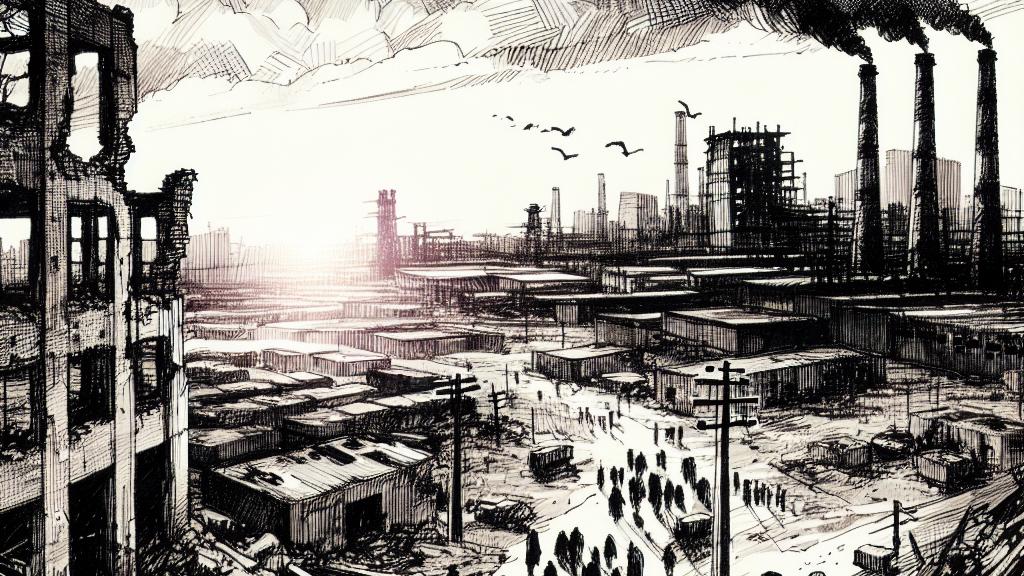Understanding the Rise of Far-Right Politics in East Germany
Overview
- The far-right AfD party is gaining unprecedented traction in East Germany.
- Economic distress and deep-seated dissatisfaction drive this political shift.
- Cultural identity and historical grievances further entrench support for far-right ideologies.

The Economic Precarity Post-Reunification
In the aftermath of the Berlin Wall's fall in 1989, East Germany plunged into economic disarray—a reality that continues to resonate today. Once-bustling factories and businesses fell silent, leaving behind a legacy of unemployment and hopelessness. Despite the federal government’s injection of hundreds of billions of euros meant to rejuvenate the region, many East Germans feel as though they are stuck in a perpetual economic twilight. This persistent sense of disenchantment has become a powerful magnet for the Alternative für Deutschland (AfD), which claims to champion the voices of those who feel marginalized. When citizens encounter a political party that acknowledges their struggles and promises to remedy their economic woes, it sparks a sense of hope and urgency to act.
Perceptions vs. Reality
Strikingly, even as East Germany's statistics reveal modest growth—marked by rising incomes and a steep decline in unemployment—public sentiment often tells a contrasting story. Less than one-third of East Germans express satisfaction with their economic situation, reflecting a deep-seated malaise that overshadows any positive data. This disconnect creates fertile ground for the AfD's claims, as they present a narrative supportive of widespread anxieties. By tapping into these feelings, the AfD transforms economic statistics into emotional stories, portraying themselves as the advocates for those who have been overlooked. It's no wonder that many voters see the party not merely as a political option but as a lifeline.
Societal Aspects and Political Strategy
The intricate social fabric of East Germany, woven from historical hardships and collective memories, further complicates this landscape. Imagine small towns where the legacy of former communal lifestyles still lingers; here, the fear of cultural dilution runs deep. The AfD effectively leverages these sentiments, positioning itself as the guardian of traditional values. Rally after rally, passionate supporters chant slogans and wave flags, united in a shared vision of preserving their identity. Yet, beyond mere nostalgia, the AfD appeals to a primal urge: the desire for community and belonging. This emotional connection transforms political allegiance into something much deeper—an identity rooted in resilience against perceived threats.
The Challenge of Political Isolation
Despite its rising popularity, the AfD grapples with significant barriers in mainstream politics. Many political parties avoid direct collaboration with the AfD, reflecting widespread discomfort with its far-right ideologies. Ironically, this ostracization may bolster the AfD’s image as a rebellious underdog fighting against a system that fails to address the needs of East Germans. Such isolation resonates with supporters, who often feel empowered by their defiance of the political establishment. As the AfD solidifies its influence, the pivotal question emerges: Is this merely a flashpoint of discontent, or can the party translate its fervor into constructive change for East Germany? The outcome not only impacts regional politics but also has profound implications for the future of democratic discourse in Germany.

Loading...